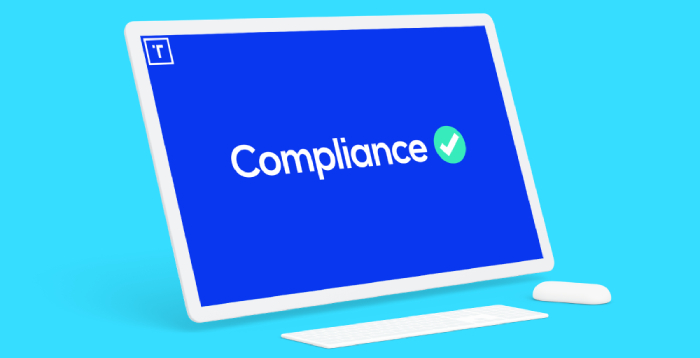Global E-Invoicing Tax Compliance
E-Invoicing Compliance
Tradeshift enables organizations to conduct business with suppliers worldwide because we support global e-invoicing and tax regulatory compliance. We offer pre-defined compliance packages in 70 countries–all on one platform–including both post-audit and clearance models.

Not all AP automation solutions are created equal
When it comes to AP automation, 'electronic' is not the same as 'digital'--as in a cloud-based, digital solution that is everywhere, all the time.
You may also be interested in…

French e-Invoicing Mandate 2024
When it comes to accounts payable, creating a strategic function is a much more hands-on approach. Read this blog as we break down the basis of strategic accounts payable…

AP automation and finance transformation
When it comes to accounts payable, creating a strategic function is a much more hands-on approach. Read this blog as we break down the basis of strategic accounts payable…

Explaining e-invoicing compliance with Tradeshift
When it comes to accounts payable, creating a strategic function is a much more hands-on approach. Read this blog as we break down the basis of strategic accounts payable…
e-Invoicing Compliance - FAQs
E-invoicing compliance refers to the country-specific laws and regulations that suppliers and buyers must comply with when sending and receiving electronic invoices.
Traditional paper invoicing is difficult to audit and so tax authorities have been gradually mandating the use of e-invoicing. Penalties are often applied or benefits withheld for not complying with e-invoicing tax compliance requirements. If you’re in business it’s critical that you know what your e-invoicing compliance requirements are to avoid fines and penalties.
The specific requirements for e-invoicing will varying depending on the country and/or region you are trading in. There are a multitude of conditions that must be met to ensure e-invoicing compliance and these vary greatly from country to country. Ensuring that all of your tax documents adhere to these requirements is the first step. If they don’t, then your documents will not be accepted by the CTC clearance platform which can impact your supply chain or revenue.
Not in every country. In some countries you may be required to invoice via traditional paper-based methods. It pays to do your research and find out the exact compliance requirements of the country you’re trading with.
What is the relationship between E-invoices, e-documents, and continuous transaction controls (CTC)?
Some of the terms and definitions relating to e-invoicing compliance vary across different countries and/or regions. Generally speaking, an e-invoice is the digitized version of a traditional invoice. Although it is the most commonly regulated digital transaction document, it’s just one of many types of e-documents. If any business transaction document is generated, transmitted, processed, and archived digitally, it is considered an “e-document” and may be governed by CTC controls.
Tradeshift’s AP automation and e-invoicing software solution Pay, has built-in compliance to automate and go paperless and touchless for the whole order-to-pay cycle. Automate your e-invoices by capturing them digitally—and get AI to do the rest. Learn more about Tradeshift Pay here.
Tradeshift’s e-invoicing document validations are configured individually for your organization and are used to confirm that all required information is included in every inbound document. By making certain information mandatory, authenticity can be addressed and maintained. Request a demo here.





